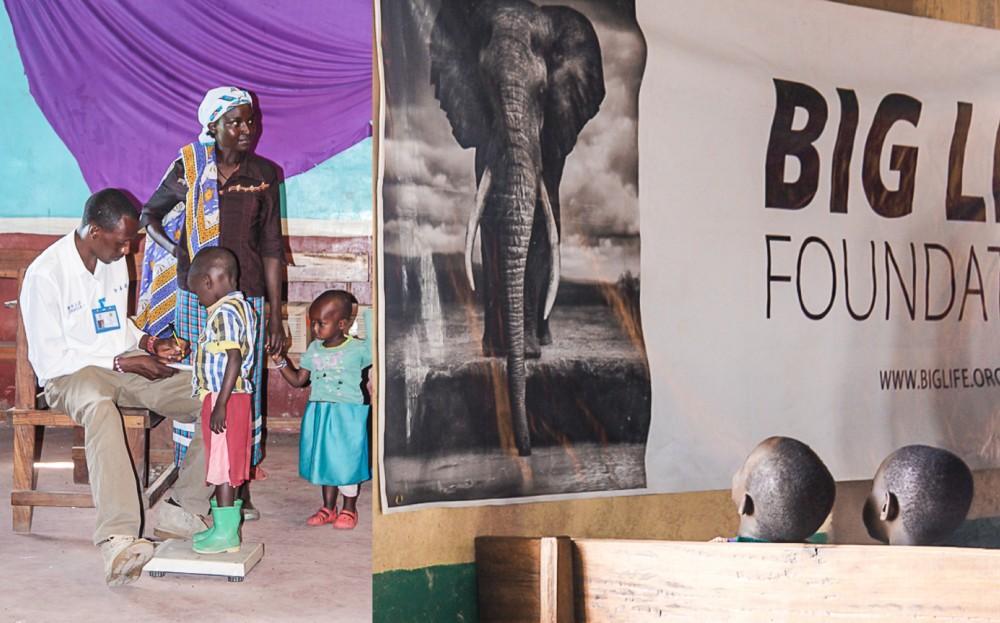
Mary (name changed for privacy) is like many other 18-year old women in the world. She wants to finish high school and dreams of completing a University degree. It’s a sad reality that growing up in a place where only about 10% of girls make it to secondary school, she’s done well to get this far. She has watched countless friends drop out along the way, get married or become accidentally pregnant in their teenage years.
And that’s why she walked 7 km to a mobile clinic one morning, because she wants to have control over her future. She has chosen to adopt a method of family planning and do her best to complete her education. Others make similar decisions, but have to do it secretly. Myths and stigma abound, spreading fear incorrectly that “family planning permanently reduces fertility” or “family planning causes cancer.”
We’re happy that Mary is making her own decisions, and we’re happy to help her. Because conservation is about people, and we believe that where people live alongside wildlife, conservation and wildlife should support people.
So, in 2018 Big Life partnered (with huge thanks) with the Kajiado South Department of Health and CHASE Africa, to facilitate a series of seven mobile health clinics. These were conducted across a 335,000 acre-area that is home to approximately 21,500 residents, but has only four small dispensaries. People ordinarily have to walk large distances to get medical attention, often through thick bush with potentially dangerous wild animals.
Access to family planning is only one of the healthcare services offered, which includes access to professionals providing basic healthcare consultations and prescription medications, child immunizations, de-worming medication, and HIV screening and counseling. Throughout 2018, 1,535 people took advantage of the access to one or more of these critical services.
In 2019, we would like to start scaling up these clinics, both in number and geographic reach, with the ultimate goal of running them in all of the remote areas where Big Life Foundation operates. We believe that community development can and absolutely should go hand-in-hand with conservation efforts, because in the Amboseli ecosystem each is dependent on the other.
